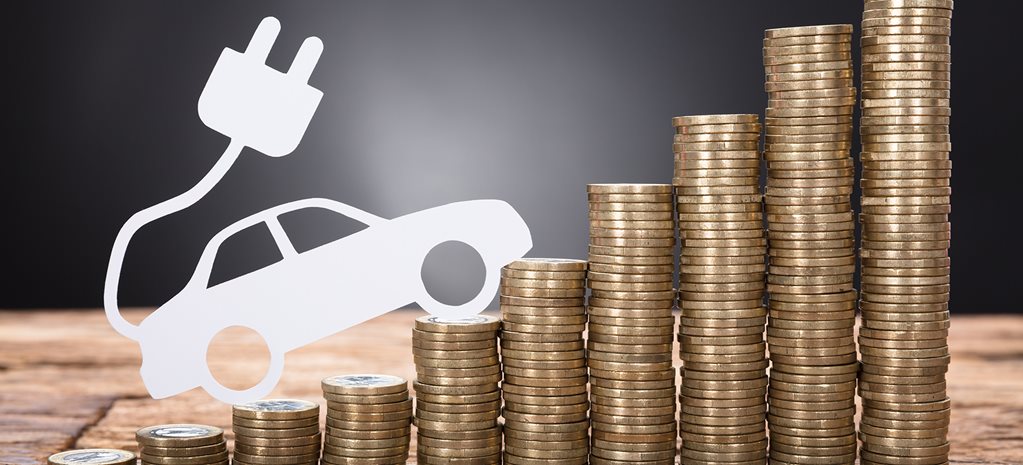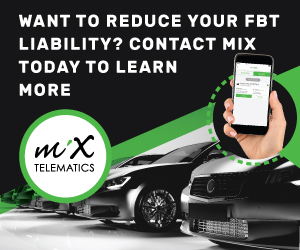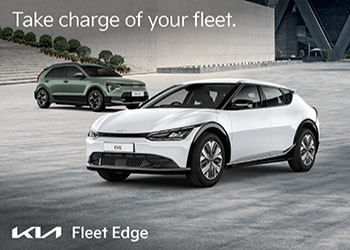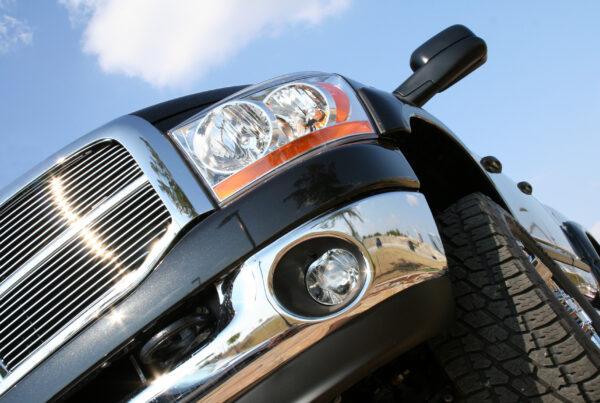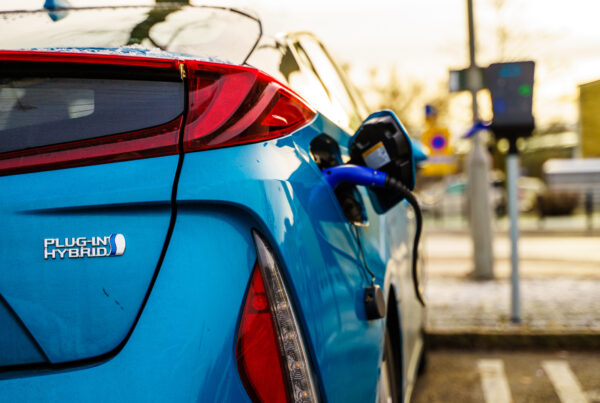Liberal backbencher Trent Zimmerman has come out of the woodwork this week with criticism of his own party’s efforts towards creating a zero emissions future.
The North Sydney MP has said his government needed to cut its luxury car tax and for states to offer lower registration charges for electric vehicles (EVs).
“If we are to achieve net zero emissions by 2050, which surely must become our goal, it must be a focus of our work,” Zimmerman told Parliament on Monday.
“We need to adopt the goal of reaching close to 100% electric or other low-emission vehicles in the new-car market by the mid 2030s.”
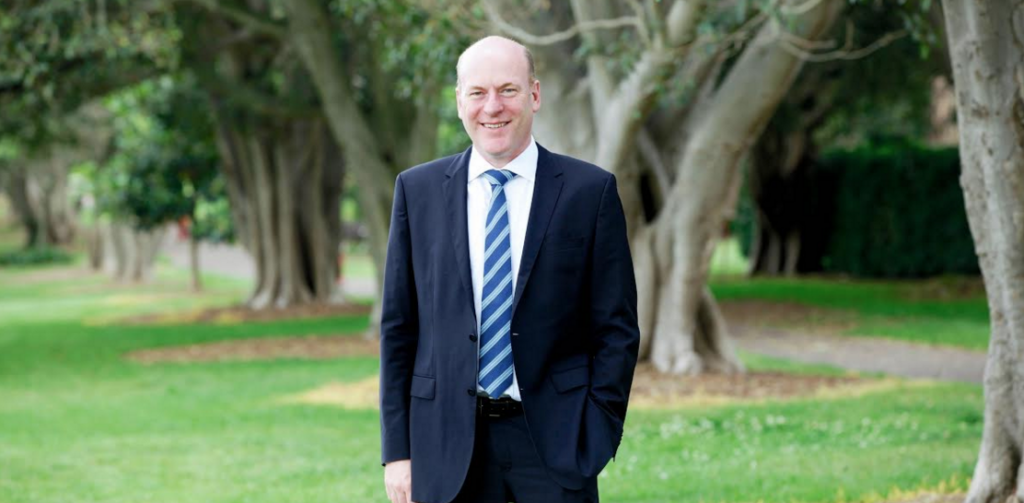
MP Trent Zimmerman
Zimmerman said it is absolutely vital government supports the transition to EVs and called for a unified approach – between all states and territories.
“We should be open to these approaches in Australia,” he said. “At the federal level, it is time we removed the luxury car tax entirely from low-emission vehicles.
“You do need co-ordination (from states and territories) – they have the capacity to provide incentives, through their registration and tolling systems, and even stamp duty,” he said.
“And on the flip side… as we’ve seen from Victoria, they also have the capacity to interrupt what we’d hope would be a natural progression for EVs.”
The Victorian government introduced legislation to state parliament on Wednesday that would see EV drivers pay 2.5 cents for every kilometre travelled from July 1, with a 2.0 cent per kilometre charge for plug-in hybrid-electric vehicles.
The tax is expected to raise $30 million over four years and is forecast to cost the average electric vehicle owner between $260 and $300 annually.
“Everybody who uses a road should pay their fair share to maintain them,” Victorian Treasurer Tim Pallas said.
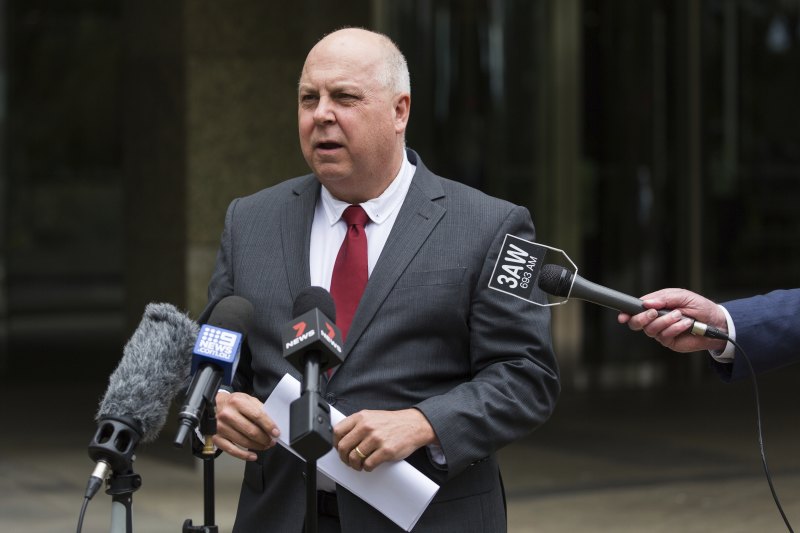
Victoria Treasurer Tim Pallas
Mr Pallas said he wants to establish a user-pays structure that will avoid a future dilemma where electric vehicles dominate new car purchases but owners pay little to no tax.
“What that would mean is more and more weight will fall on the back of everyday motorists using petrol engines,” he said.
“So in practical terms, the best time to start with that base system is as soon as you can.”
Meanwhile new polling has found that a majority of Australians would support the introduction of new financial incentives for EV, including a ban on the purchase of new fossil fuelled vehicles from 2035.
According to new research commissioned by The Australia Institute, two in three Australians support the introduction of new subsidies or incentives to support the purchase of an EV.

